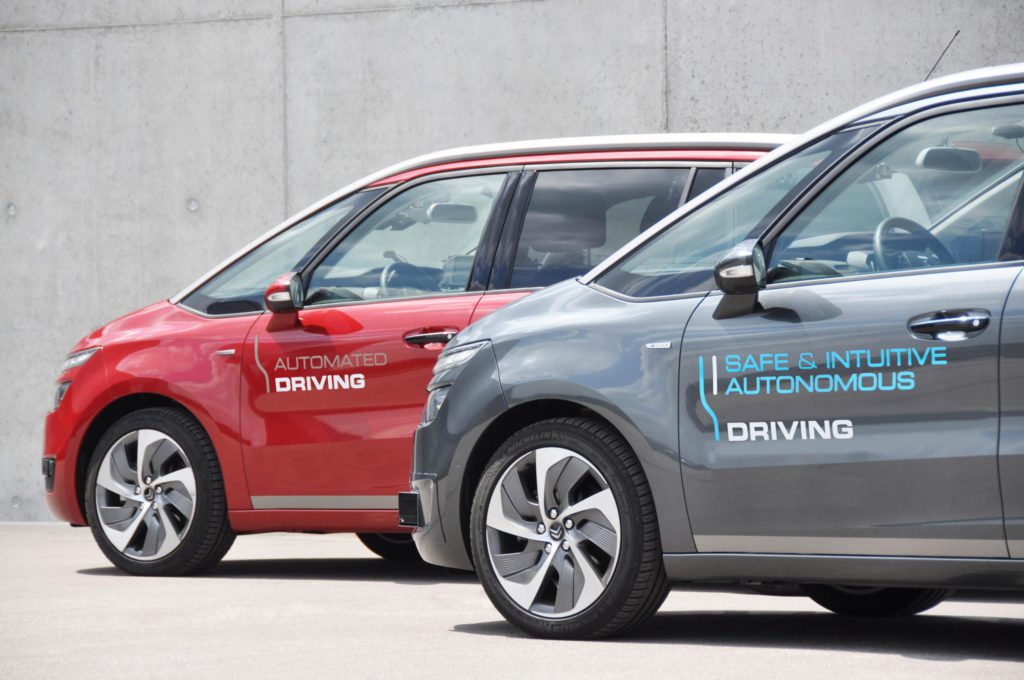Citroën new EV options to launch in 2020 as PSA announce nuTonomy autonomous tests
03 May 2017

03 May 2017
Citroën has said it will not launch bespoke, standalone electric vehicle (EV) models, and instead will add EV options to its model ranges. It will launch its first new-architecture EV in 2020, after launching its first plug-in hybrid (based on 2018’s C5 Aircross) a year earlier in 2019.
PSA brand Citroën CEO Linda Jackson told Automotive News: ′Our strategy for electric vehicles is not to have a vehicle dedicated to electric, but to have electric across the range, so customers can choose a gasoline model or an electric model.’ This strategy is a marked contrast from others including Volkswagen which plans to launch dedicated EVs under its new ID subbrand.
Citroën’s 2020 EV will be based on PSA Group’s e-CMP architecture, which is designed for compact and subcompact models. Jackson did not reveal the size of the 2020 car. The e-CMP architecture is the electric version of PSA’s new CMP (common modular platform) architecture, which is designed for the compact and subcompact PSA models that use combustion engines. Both platforms are being developed by PSA with its Chinese partner Dongfeng Motors.
The e-CMP has a maximum possible driving range of 450km, and the first car to be launched on the architecture will come in 2019 from the group’s upmarket low-selling DS brand. The 2020 Citroën will be the first Citroën EV built on PSA architecture, with the current Z-Zero (used in its car sharing trials) based on a Mitsubishi and the e-Mehari based on a Bolloré.
Meanwhile, the overall PSA Group continues to develop its autonomous vehicle strategy, announcing plans to partner with US tech startup nuTonomy to test Level 5 (fully driverless) autonomous vehicles in Singapore from September this year. Urban tests are the most challenging for autonomous vehicles because of the difficulty in navigating city obstacles such as pedestrians, roadworks and the eccentricities of urban environments.
The collaboration will see nuTonomy’s sensors, computing platforms and software installed on Peugeot 3008 models, and follows previous OEM-tech tie-ups including Daimler’s partnership with Bosch and BMW’s with Intel’s Mobileye.
PSA aims to use the tests, to be conducted by PSA’s Business Lab which is tasked with exploring new business opportunities, and will allow PSA to learn more about the components needed for autonomous vehicles, and what suppliers are available to provide them.
NuTonomy, founded by MIT academics and McKinsey management consultants, beat Uber to launch the first public trials of a robot taxi service last year, and among others is backed by Highland Capital Partners, Samsung Ventures and the Government of Singapore.
Photograph courtesy of Groupe PSA